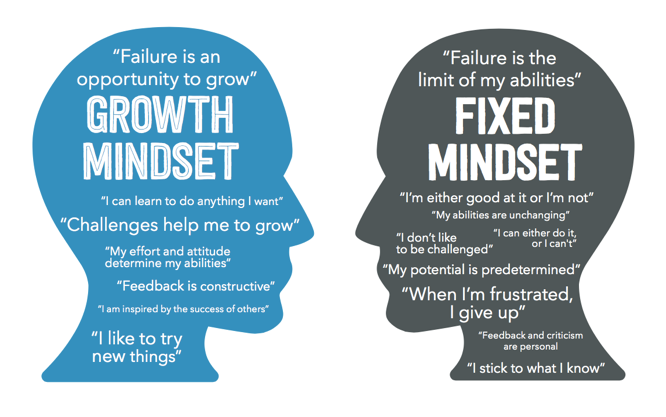 As our year progresses and it gets darker earlier and the weather is less "friendly" outside, it is a great time to think about family games. Families can pull dual benefits from games, as often games can support and reinforce many learning skills and content. I hope to provide ongoing recommendations in this area for families to consider great ways to support and practice learning skills across content areas (and embrace fun family time!)
As our year progresses and it gets darker earlier and the weather is less "friendly" outside, it is a great time to think about family games. Families can pull dual benefits from games, as often games can support and reinforce many learning skills and content. I hope to provide ongoing recommendations in this area for families to consider great ways to support and practice learning skills across content areas (and embrace fun family time!) Dr. Mahesh Sharma noted the following information about the importance of play; "Numerous research studies support the assertion that playing board games helps students improve mathematics and thinking skills. For example, in one study, disadvantaged preschool students played a simple numeric board game four times for 15-20 minutes at a time over a two-week period. At the end of the two weeks, researchers found students' knowledge of math greatly increased in several different areas related to quantitative thinking and number sense...The benefits of using board games are not limited to mathematics. They can be used to build vocabulary, spelling, and logical reasoning skills" (Sharma, 2012)
 |
| Leonard Family Game Time! |
- Tiny Polka Dot (subitizing, visualization, visual clusters, pattern recognition, number concept and facts, memory, etc.)
- Sequence for Kids (strategy, spatial orientation/space organization)
- Hoot Owl Hoot (strategy, planning, collaboration)
A few other great games:
- Battleship (spatial orientation, visualization, visual memory)
- Mancala (sequencing, counting, estimation, visual clustering, deductive reasoning)
Keep your eye out throughout the year for more ways to utilize play and fun into learning opportunities!
------------------------------------------------------
Heather Leonard
STEM Curriculum Coordinator, Reading Public Schools
Heather Leonard
STEM Curriculum Coordinator, Reading Public Schools
Phone: 781-670-2256
Twitter: @STEMReading
Read more from Dr. Mahesh Sharma here: https://readingsuperintendent.files.wordpress.com/2016/03/maheshsharma-prerequisiteskillsmathlearning.pdf
"Why Play Math Games?" Article from NCTM: https://www.nctm.org/Publications/Teaching-Children-Mathematics/Blog/Why-Play-Math-Games_/







